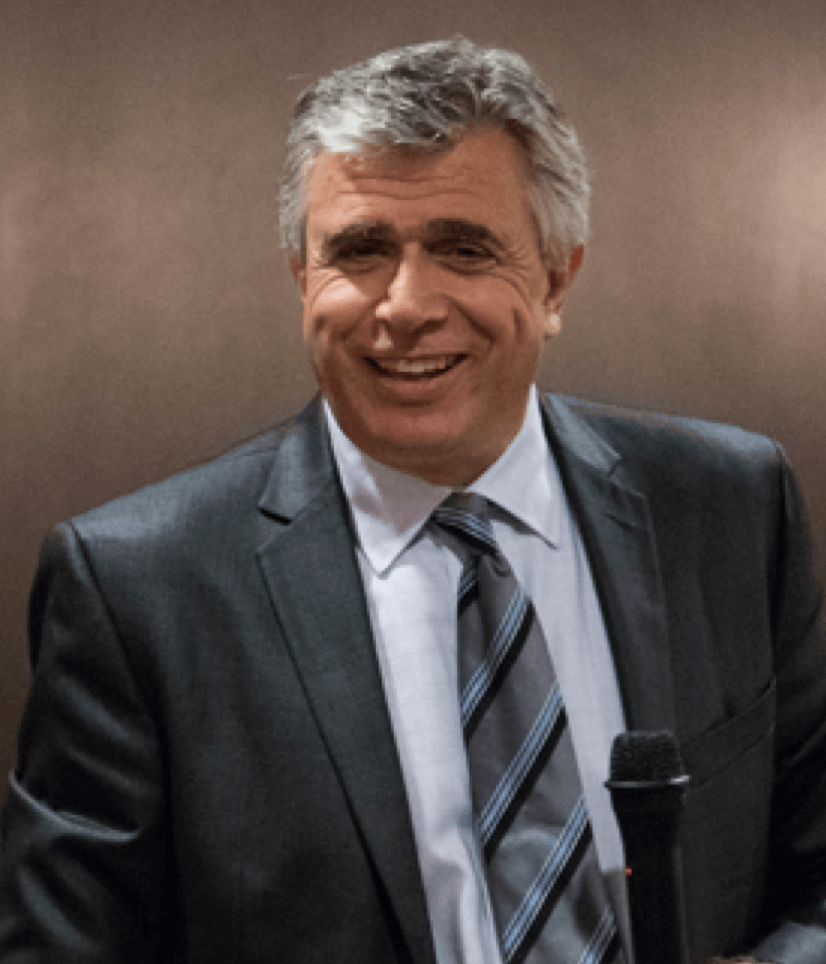An Interview with Professor Robert Rabil at FAU By Linda Chase
About the Author

Dr. Robert G. Rabil
BOARD MEMBER AND SENIOR FELLOW
Dr. Robert G. Rabil is a professor of political science at Florida Atlantic University. He is the author of highly commended peer-reviewed articles and books including: Embattled Neighbors: Syria, Israel and Lebanon (2003); Syria, the United States and the War on Terror in the Middle East (2006); Religion, National Identity and Confessional Politics in Lebanon (2011); Salafism in Lebanon: From Apoliticism to Transnational Jihadism (2014); The Syrian Refugee Crisis in Lebanon: The Double Tragedy of Refugees and Impacted Host Communities (2016, 2018);and White Heart (2018). He is the author of the forthcoming Lebanon: From Ottoman Rule to Erdogan’s Regime (2023). He served as the Red Cross’s Chief of Emergency in Baabda region, Beirut, during Lebanon’s civil war. He was the project manager of the US State Department-funded Iraq Research and Documentation Project. He was awarded the LLS Distinguished Faculty Award and the LLS Distinguished Professor of Current Affairs. He was also awarded an honorary Ph.D. in Humanities from the Massachusetts College of Liberal Arts. He can be reached @robertgrabil.
Related Articles
For Sake of Iranian People, Foreign Intervention Justified
As with many contemporary challenges, the case for foreign intervention in Iran has a clear precedent: NATO’s intervention in the former Yugoslavia against the regime of Slobodan Milošević.
Gaza’s Genocide Inversion: Setting the Record Straight
This video refutes the dire and growing accusation circulating globally—one that seeks to delegitimize Zionism, demonize Israel, and implicitly provoke hostility toward Jews both inside and outside the borders of the Jewish state–that Israel is committing genocide against Palestinians.
The Prospects for a Democratic Transition in Venezuela
The first phase focuses on oil. Owing to sanctions, much of Venezuela’s oil production is effectively frozen. Under this plan, American companies would help rehabilitate oil production and facilitate sales, while profits would be managed in a way intended to benefit the Venezuelan population rather than fuel corruption or sustain the regime.

The Center is a gathering of scholars, experts and community stakeholders, that engage in research and dialogue in an effort to create practical policy recommendations and solutions to current local, national, and international challenges.
EXPLORE THE CENTER
FOCUS AREAS
©2025 The Palm Beach Center for Democracy and Policy Research. All Rights Reserved
